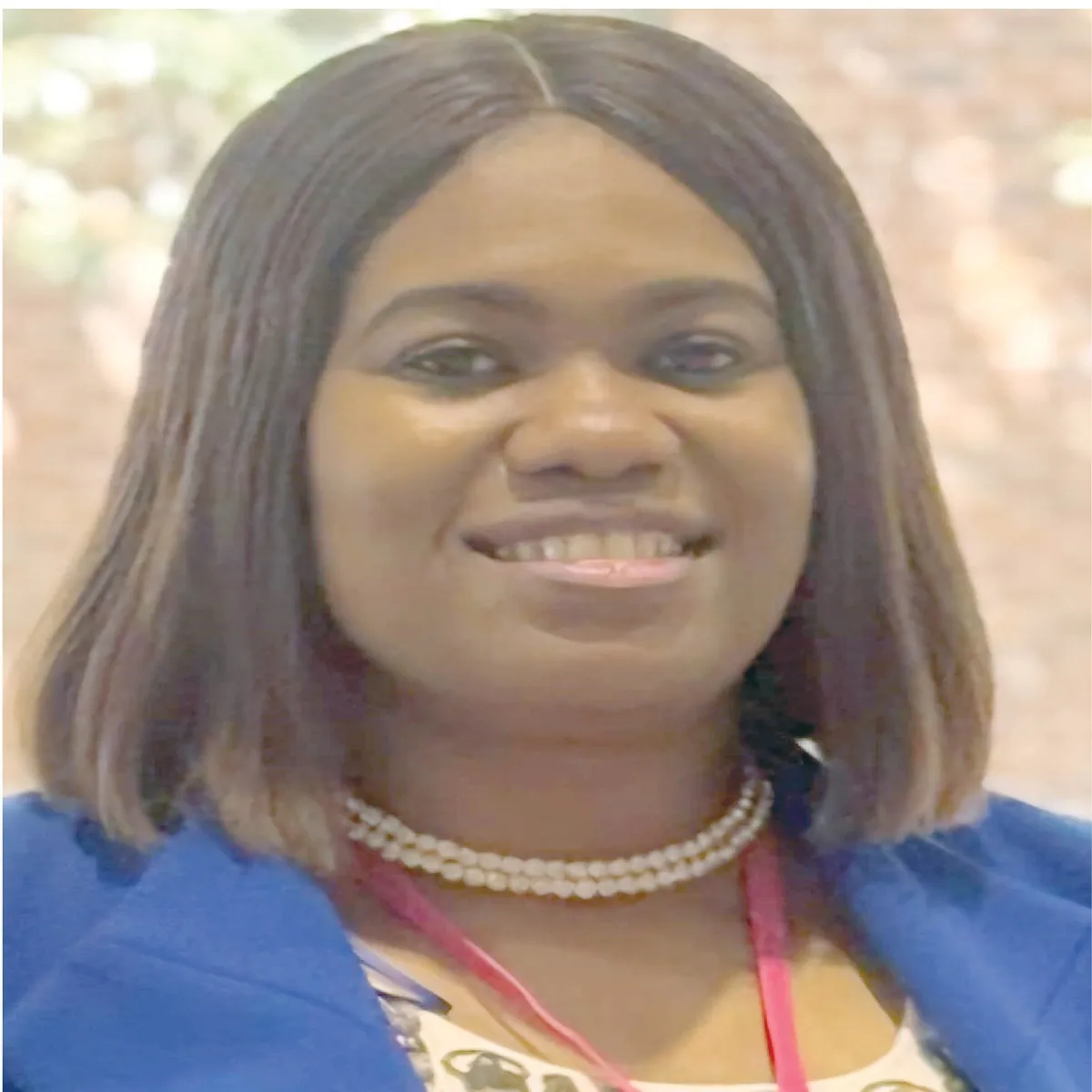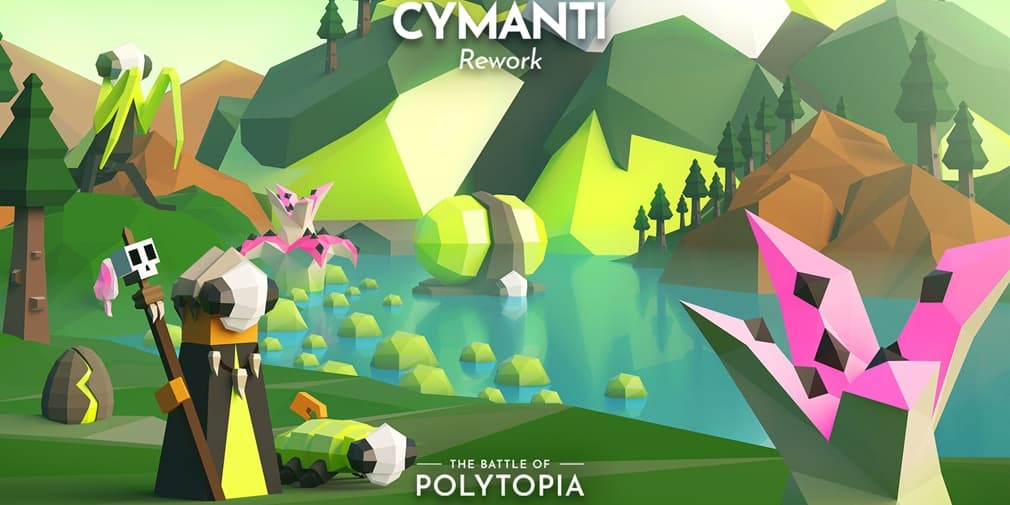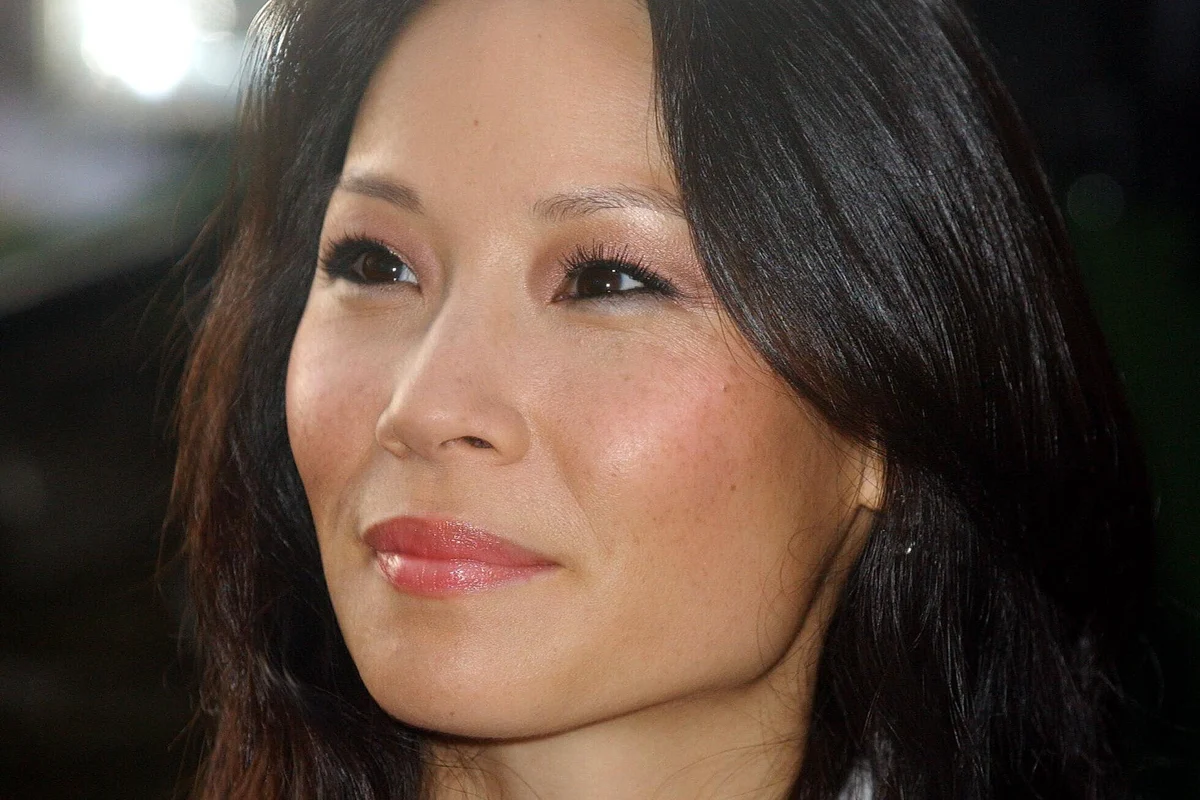Copyright tribuneonlineng

Chinechendo Eze is a Nigerian microbiologist and biotechnologist with research focuses on how to genetically engineer crops to enhance growth and resilience. She is a doctoral student and a graduate teaching assistant at the University of Louisiana at Lafayette, United States. In this interview by KINGSLEY ALUMONA, she speaks about her work, genetically modified crops, food security, among other issues. How would you describe your experience studying microbiology in two Nigerian Universities? Did you find microbiology lucrative, and did you work as a microbiologist in Nigeria? Studying microbiology in two Nigerian universities was a transformative journey. I earned my Bachelor’s from the University of Nigeria and my Master’s from Nnamdi Azikiwe University. It was rigorous, hands-on, and intellectually stimulating. Despite challenges like limited lab resources and large class sizes, I learned resilience, creativity, and the value of curiosity. Each institution had its strengths, and together they built a solid foundation in my scientific reasoning and research. After graduation, I started working as a lecturer in microbiology at the University of Nigeria before relocating to the United States for my PhD. Teaching is deeply fulfilling. I love inspiring students to see how science shapes food, health, and the environment. Was it lucrative? Not financially. Science educators in Nigeria often face limited resources, high workloads, and modest pay. But the work is rich in purpose. The joy comes from shaping young minds and watching students grow into researchers and innovators. That sense of impact motivated me to pursue research abroad. What inspired your relocation to the United States? And, how were you able to secure admission into the University of Louisiana in the US? My move to the US was driven by curiosity and ambition. I wanted to contribute to science on a global scale, where research is well-supported, innovation is encouraged, and collaboration is valued. Securing admission into the University of Louisiana at Lafayette took months of preparation. I refined my statement of purpose, highlighting my teaching and research experience in microbiology, and reached out to potential advisors. Eventually, I connected with my supervisor, Dr Yi-Hong Wang, whose work aligned perfectly with my interests. The admission process was competitive, but persistence and clear focus made the difference. You majored in food microbiology for your master’s programme, but now majoring in ecology and evolutionary biology for your PhD. How would you explain this transition? How do you leverage them for your work and research? It might seem like a big shift, but it is really a natural progression. My master’s work focused on how microorganisms influence food safety, preservation, and quality. That gave me a solid grounding in microbial genetics and host–microbe interactions. Now, in my PhD, I use microbes, such as Agrobacterium tumefaciens, as tools to introduce genes into plants. Essentially, I have moved from studying how microbes affect food systems to exploring how they can improve plant systems. Both paths share one goal — using biology to advance sustainability, whether through safer food or more resilient crops. What are you working on for your PhD thesis, and how can it impact society? My PhD focuses on the genetic engineering of crops to enhance growth and resilience. I study genes that control plant size, biomass, and stress tolerance, particularly in rice, maize, millet, sugarcane, and sorghum. Using Agrobacterium-mediated transformation and CRISPR gene editing, we introduce or modify specific genes and examine their effects on growth and productivity. The goal is to create crops that thrive in challenging conditions, requiring less water, resisting diseases, and still yielding more. This research could make a major difference for global food security, especially in drought-prone or degraded regions. By engineering crops to perform better under stress, we can help farmers maintain stable harvests and reduce hunger. Tell us more about gene editing using an example from your recent scholarly work in this area. Gene editing is one of science’s most exciting breakthroughs; it is like using precision scissors to make targeted changes in DNA. I On one of my recent studies, I worked on a gene called SnRK1βγ2. When we overexpressed this gene in sugarcane, sorghum, and millet, the plants produced nearly double the biomass, more tillers, and overall improved growth. However, when we knocked out the same gene using CRISPR technology, millet plants struggled to regenerate shoots — revealing how critical the gene is for growth regulation. My ongoing research now examines similar knockout effects in sorghum and sugarcane. I presented these findings at the American Society of Plant Biologists (ASPB) Conference in Milwaukee, Wisconsin, in July 2025 — a proud moment in my research journey. There is fear and concern that genetically modified crops are not safe for consumption. How true is this, and are there really any risks involved? Why must any crop be genetically modified in the first place? That fear is understandable, but it largely stems from misinformation. Genetically modified (GM) crops are among the most thoroughly tested foods in the world. Before any GM crop reaches consumers, it undergoes rigorous testing for safety, nutritional value, and environmental impact. The global scientific consensus is clear: current GM crops are as safe as non-GM ones. We genetically modify crops to solve real problems like pests, drought, and nutrient deficiencies. For instance, Vitamin A-enriched Golden Rice helps fight malnutrition. The aim is not to replace natural crops but to enhance them for better yield and nutrition. Like all technology, it must be used responsibly and ethically. But when applied wisely, GM crops hold immense promise for feeding the world sustainably. As a food security advocate, looking at the current global food economy and agricultural realities, what kind of future do you envisage for the world regarding food security? I imagine a future where innovation, sustainability, and inclusiveness drive food production. Climate change, soil depletion, and population growth are major challenges, but they also create opportunities for bold solutions. From genetic crop improvement to microbial soil treatments and precision farming, a wave of innovation is transforming agriculture. For me, the future of food security must be both scientifically driven and socially conscious. We need biotechnology to develop crops that withstand drought and salinity, but we also need fair policies that ensure that smallholder farmers, women, and youth have access to these innovations. If you were appointed by the Nigerian Minister of Agriculture to map out strategic ways of ensuring food security for the country, how would you go about it? First, Nigeria must strengthen agricultural research and innovation. Nigeria has brilliant scientists and fertile land, yet we depend too heavily on imports. We need to invest in biotechnology and crop improvement to develop high-yield, climate-resilient varieties suited to local soils. Universities and research institutes must be equipped with modern laboratories, strong funding, and mentorship programmes for young scientists. Next, we must bridge the gap between science and the farmer. Innovation must move from the laboratory to the land. Establishing community innovation hubs and demonstration farms across regions would help train farmers in improved seed use, soil testing, irrigation, and post-harvest handling. Finally, we need to build value chains and reduce food waste. Nigeria loses up to 40 per cent of its produce due to poor storage and logistics. Investing in cold-chain infrastructure, rural roads, and agro-processing would drastically cut losses while creating jobs and boosting rural incomes. Apart from your academic work, what other endeavours keep you busy at Louisiana? Are you involved in any teaching, community, or humanitarian work? Absolutely. I wear several hats here. I serve as a graduate teaching assistant, where I teach undergraduate biology labs. Teaching has been one of the most rewarding parts of my journey. It allows me to mentor young scientists and help them discover the beauty of research. I also help train new teaching assistants to build their confidence and teaching skills. Beyond academics, I am involved in community outreach and advocacy for women and mothers in science. I am a member of professional bodies like Sigma Xi, the American Society of Plant Biologists (ASPB), and Mothers in Science. Through these organisations, I participate in mentorship programmes, science communication initiatives, and discussions on diversity in Science, Technology, Engineering, and Mathematics (STEM). How are you coping with the challenges associated with your studies and living in the US? And where do you see yourself and your career in five years? Balancing doctoral research, teaching, and family life here is not always easy — especially as a mother of four. But I have learned that resilience, time management, and a strong support system make all the difference. Every challenge has shaped me into a more disciplined and compassionate person. In five years, I see myself leading a research and training programme in biotechnology, building bridges between African and global research institutions. I hope to mentor students, influence policy, and drive innovations that make agriculture more sustainable and inclusive. What are the three things you like about the US that you want Nigeria to emulate? And how is Louisiana treating you so far? The three things I admire most about the US are accountability, respect for time, and investment in research. Institutions here value transparency, people respect schedules, and systems are built on efficiency and trust. These are areas Nigeria can strengthen to improve governance, education, and scientific progress. Louisiana has been wonderful to me. It is warm, vibrant, and welcoming — much like Nigeria. The people are friendly, and the food culture is rich and diverse. It has been a great place to learn, work, and raise a family. What is your advice to Nigerians aspiring to study or work in the US? My advice is simple: Believe in yourself and prepare well. The process can be tough, but it is achievable. Research schools, reach out to professors, and put your best foot forward in your applications. Once here, stay focused, stay humble, and take advantage of every learning opportunity. Most importantly, never forget where you come from. Use your education and experience to give back — whether through mentorship, research collaborations, or community development. Success is more meaningful when it uplifts others.



